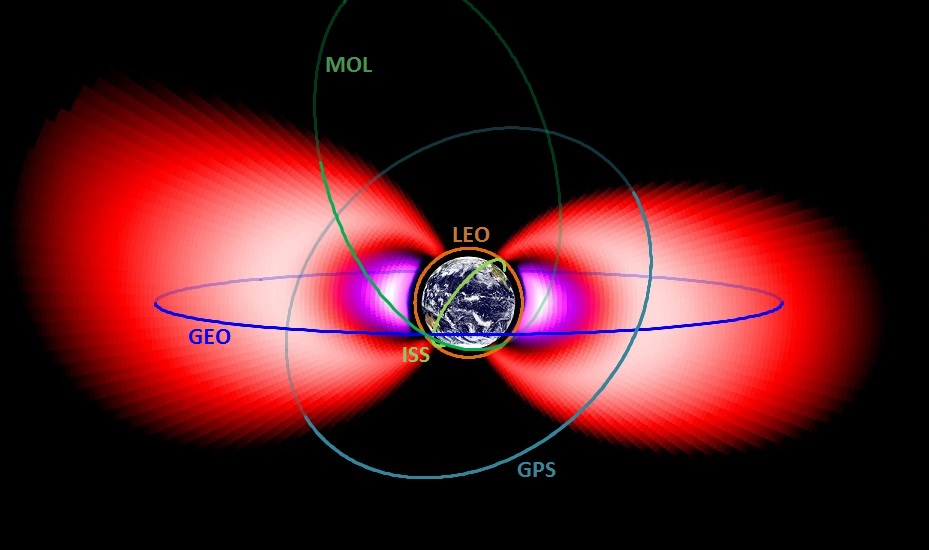Speaker
Description
The Geostationary Operational Environmental Satellite-R (GOES-R) series Magnetospheric Particle Sensor - Low Energy (MPS-Lo) instrument provides crucial measurements of 30 eV – 30 keV electrons and ions in the near-Earth space environment, essential for understanding and identifying spacecraft surface charging. Electrostatic discharge due to spacecraft charging is the leading cause of environmentally related anomalies on spacecraft and has caused the most serious anomalies which have resulted in the loss of mission. However, accurate interpretation of the MPS-Lo data requires meticulous instrument corrections. This presentation introduces a newly developed data product incorporating significantly improved corrections applied to historical GOES-R MPS-Lo observations along with in-development future improvements.
This enhanced product addresses multiple key challenges inherent in the original data, including:
- Microchannel Plate (MCP) Gain Decline Correction: A key improvement is a time-dependent correction for the decline in MCP gain, a common issue in particle detectors exposed to radiation. This correction ensures data consistency over the mission lifetime by compensating for the gradual reduction to detector sensitivity, especially considering the different lifetime exposure between the MCPs observing the local plasma environment and the MCPs observing the penetrating background radiation.
- Improved Background Subtraction: A time-dependent algorithm minimizes over correction when subtracting contamination due to penetrating radiation, leading to less anomalous negative flux records.
- Updated Data Quality Flags: More detailed records of in-flight operations and anomalies are incorporated in the data quality flags to improve data reliability.
This presentation will detail the methodologies employed in developing the improved data product and demonstrate how users can easily access this data product for scientific analysis. Furthermore, we will describe future improvements and releases currently in development.
The availability of this improved GOES-R MPS-Lo data product represents a significant advancement in space weather research and spacecraft anomaly investigation. We encourage the community to utilize this enhanced resource for a more accurate and comprehensive understanding of the near-Earth space environment.

